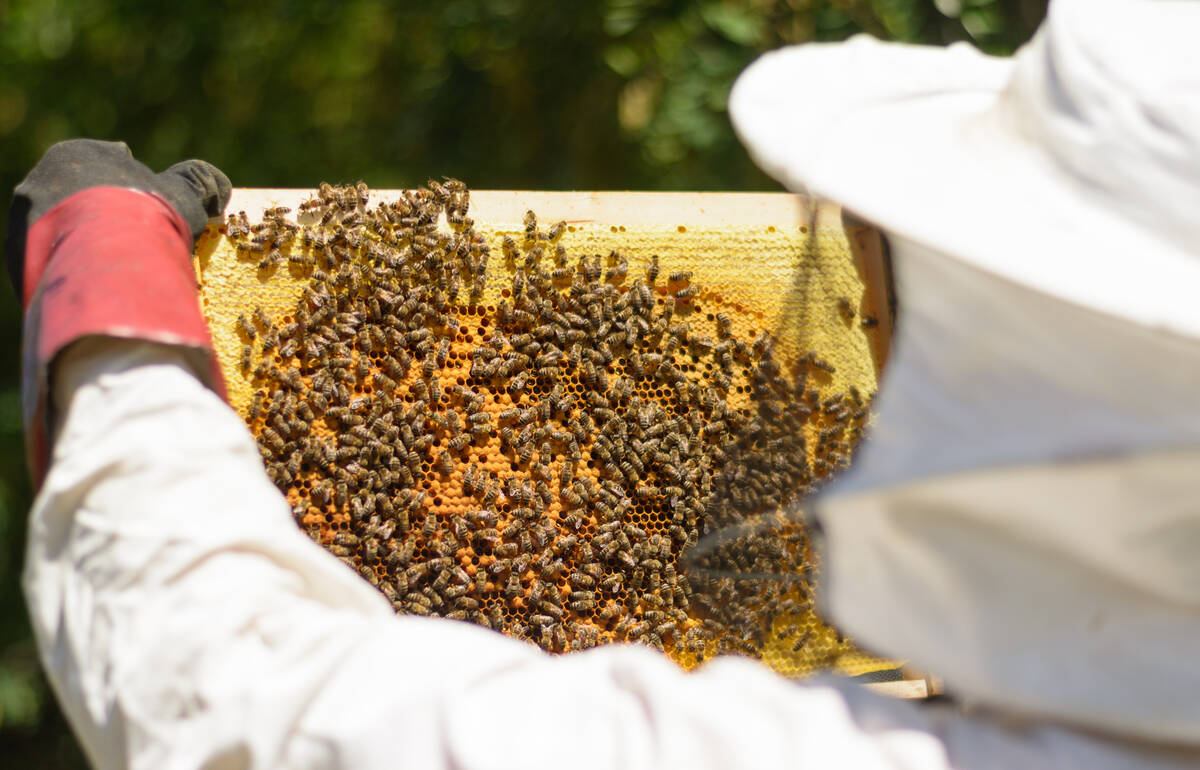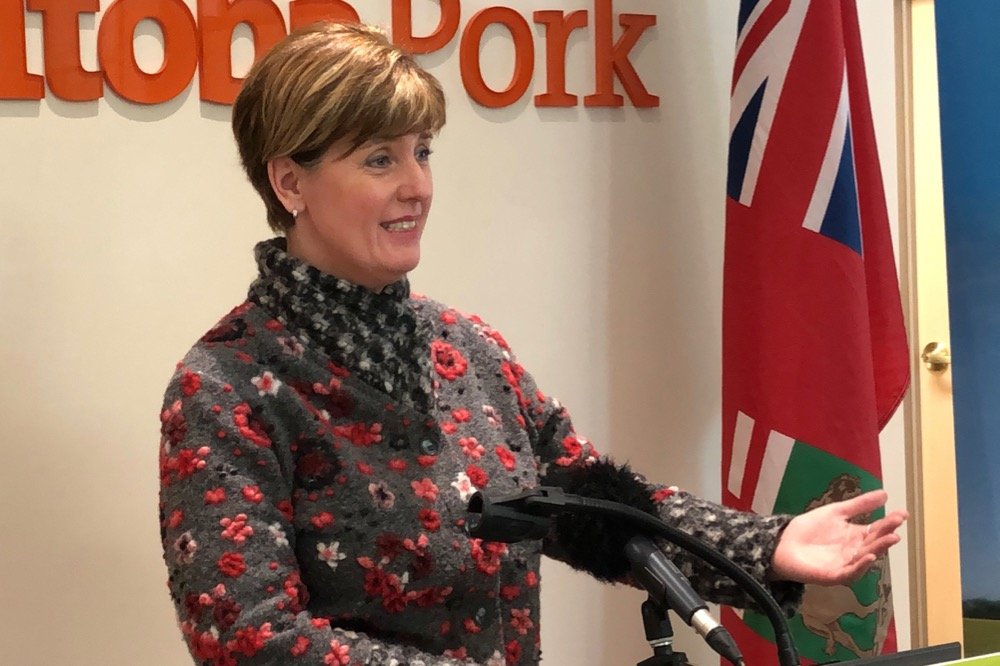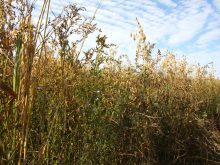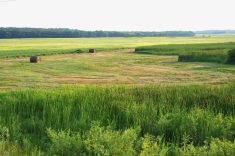Ag leaders say they’re pleased to see the federal government strike a collaborative tone as it begins consultations over its Sustainable Agriculture Strategy, but not all are so optimistic.
Federal agriculture minister Marie-Claude Bibeau has signaled she’s not approaching the process with “preconceived notions,” said Stuart Oke, chair of the National Farmers Union’s climate committee.
“I think that’s an optimistic message,” he said.
On Dec. 12, Bibeau announced the start of consultations to develop a strategy to “serve as a guide to support the livelihoods of farmers while growing a sustainable sector,” a news release said.
Read Also

Malta bee exporter blasts criticism from Canadian beekeepers
A honeybee exporting firm on the Mediterranean island of Malta says they’re collateral damage to a dust-up in the Canadian honey sector over imports of replacement bees.
It will serve as an umbrella for the new Sustainable Canadian Agricultural Partnership (SCAP), a National Adaptation Strategy, the government’s plans to reduce emissions from fertilizers, and other initiatives.
All this while balancing a need to “contribute to growing domestic and global food demands,” and supporting farmer livelihoods, a discussion document says.
An advisory committee of 20 producer and industry groups, including the Canadian Canola Growers Association, Grain Growers of Canada, National Farmers Union, Fertilizer Canada, Canadian Cattle Association and Canadian Pork Council, will help develop the strategy.
In a Dec. 12 statement, Keystone Agricultural Producers said it was “encouraged” by the announcement.
“KAP has been advocating for the inclusion of farmers when it comes to tackling the challenges affecting our sector, and today’s announcement demonstrates the federal government is listening to ensure Canadian farmers have a seat at the table,” said KAP president Bill Campbell.
“One of KAP’s main goals is to reduce the regulatory burden for farmers and find solutions that include their perspectives,” Campbell said. “It is also important to note that the conversation around sustainability includes not only environmental concerns, but also social and economic.”
KAP is developing a submission and will be talking with members to make sure their priorities are included, said Brenna Mahoney, KAP’s general manager, in a statement to the Co-operator.
RELATED: Time for a holistic approach to sustainability?
“Our key principles have been to ensure we can deliver on practical solutions through active consultations with producers at the table, providing incentives for adoption on technology and best management practices, flexibility and access to reflect the diversity of primary ag/commodities, and ensuring sector resilience by maintaining productivity for producers,” Mahoney said.
The NFU is looking for a focus on “helping farmers reduce on-farm emissions whilst maintaining or increasing net farm incomes,” said Oke.
They’re also looking for acknowledgement of the need for extension services.
“The goals set out in the [Sustainable Agriculture Strategy] are important and necessary,” said Karen Proud, president and CEO of Fertilizer Canada, in a Dec. 12 statement.
The strategy’s five priority areas – soil health, climate adaptation and reliance, water quality, climate change mitigation, and biodiversity – can all be supported by 4R nutrient management practices, Proud said.
However, one organization is asking the federal government to leave them be as much as possible.
“With due respect to the federal government, we know farm sustainability better than they do,” said Western Canadian Wheat Growers president Gunter Jochum in a Dec. 13 statement.
“I’m concerned that what this is really about is setting up a system of higher costs and increased regulation for farmers.”
Jochum told the Co-operator he’d like to see the government focus on getting good data on environmental practices that farmers are already using, like reduced or zero till. Current plans, like the goal to reduce emissions from nitrogen fertilizers, are based on numbers with high margins of error, he said.
“It seems like they’re putting the cart in front of the horse. We are prepared to expend resources to tell average, urban, non-farming Canadians that their food supply and the cost of their food could be very negatively impacted by further federal ‘sustainability’ regimes,” Jochum said in the statement.
















